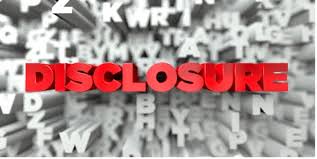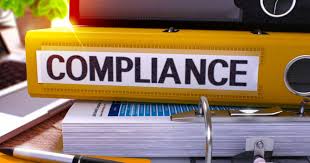Commerce Department Updated its Voluntary Self-Disclosure Policy for Export Controls Violations

The Commerce Department’s Bureau of Industry and Security (“DOC-BIS”) is adopting procedures to generate voluntary self-disclosures for violations of export controls laws. Companies have to weigh carefully the risks when deciding whether to make such a disclosure.
The Justice Department and DOC-BIS are building joint prosecutions — criminal and civil — against companies for export control violations. This new era is coming and companies have been warned on the need to invest in compliance.
The Assistant Secretary for DOC-BIS, Matt Axelrod, has touted the popularity of its new VSD program. In FY2023, BIS received 80 percent more VSDs involving serious violations than in FY2022. BIS also received a 33 percent increase in third-party disclosures from industry participants.
The new rules reflect DOC-BIS’s commitment to streamline the VSD program to expedite review and resolution of non-egregious violations. At the same time, the new rules highlights DOC-BIS’s intention to allocate more resources to investigation of significant infractions and authorizes higher civil monetary penalties.

DOC-BIS has established a dual-track VSD process, one of which is designated for minor or technical violations. The second track will be used exclusively to process significant violations. Fast-track VSD filings will be resolved in sixty (60) days. Companies seeking fast-track processing are required to submit an abbreviated narrative report instead of a more burdensome narrative required for a significant violation. In addition, fast-track applicants will not be required to conduct a five-year lookback unless aggravating circumstances are present. As examples of “minor or technical” violations, DOC-BIS cited immaterial Electronic Export Information filing errors and the incorrect reliance on a license exception.
For significant violations, companies have to submit a full narrative explanation. After the submission, the Office of Export Enforcement (“OEE”) will conduct an investigation and proceed to launch an administrative enforcement proceeding.
As expected, DOC-BIS adopted a final rule that BIS will consider a company’s decision not to file a voluntary disclosure as an aggravating factor.
Additionally, DOC-BIS expands OEE’s discretion when calculating potential penalties for violations. The new rule removes the base penalty caps for non-egregious cases and links the penalty to the transaction value. As a result, for non-egregious cases, the base penalty amount is no longer capped at $15,000, but is now capped at one-half of the transaction value. For a non-egregious case that is not initiated by a VSD, the base penalty amount is capped at the full transaction value.
For an egregious VSD case, the base penalty amount is capped at one-half of the statutory maximum, which is $364,992 or two times the full transaction value, whichever is greater. For an egregious case without a VSD, the bas penalty amount is capped at the statutory maximum.
Also, the DOC-BIS rule permits BIS to impose a remediation requirement with conditions on a company for non-egregious conduct that did not involve serious national security harm.

Further, DOC-BIS rule amends Aggravating Factor C to incorporate transactions that enable human rights abuses when considering the potential impact of a violation on U.S. foreign policy objectives. In addition, the DOC-BIS rule amends General factor E for “Individual Characteristics,” to expand consideration of past corporate criminal resolutions that OEE may consider when determining a relevant resolution. Instead of limiting such factor to prior criminal convictions, the new rule extends to other resolutions such as non-prosecution agreements or deferred prosecution agreements.
Finally, the DOC-BIS confirms that cooperation tips of a suspected third-party violation that leads to an enforcement action counts as “exceptional cooperation,” which the tipping company can apply in a future enforcement action against the tipping company even if unrelated conduct.















